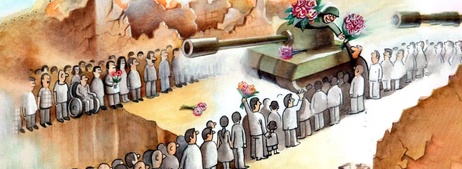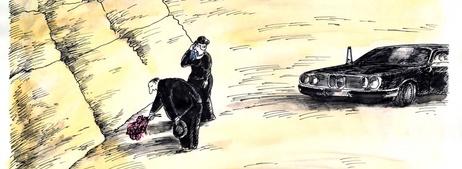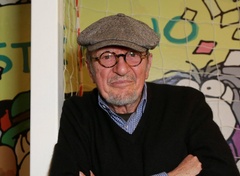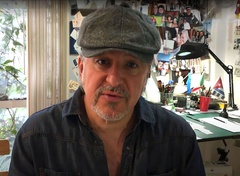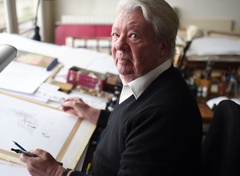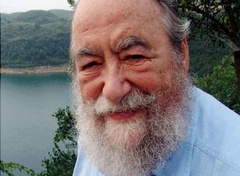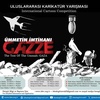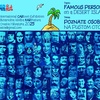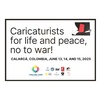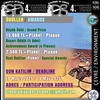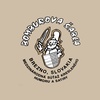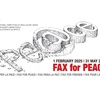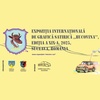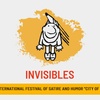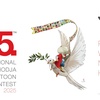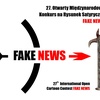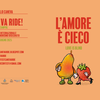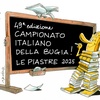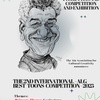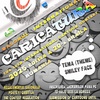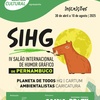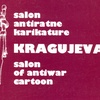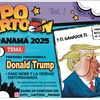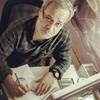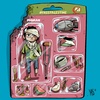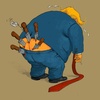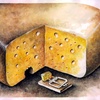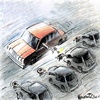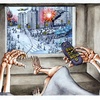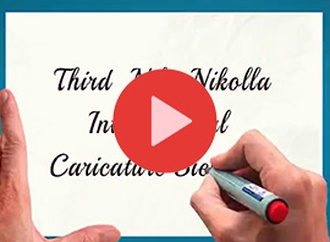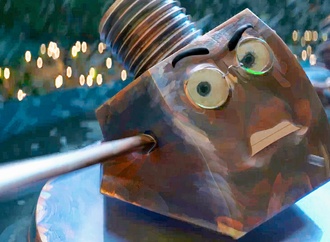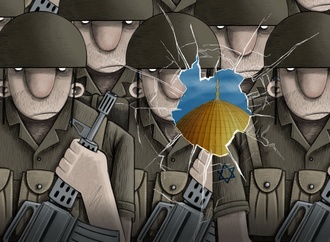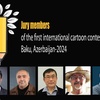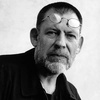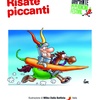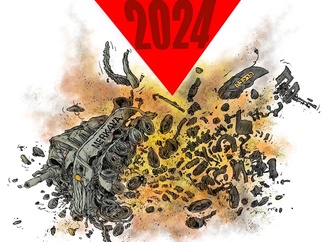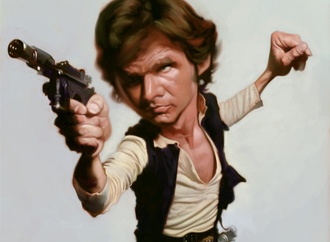By any measure, Anita Kunz has built a dream career. She’s won every award, been inducted into every hall of fame, won every medal and national distinction. When her native Canada ran out of honors to bestow, the country minted a postage stamp in her honor. Over the last 40 years, the Toronto-based illustrator has created covers for The New Yorker, Rolling Stone, Time, and many (many!) others. On top of that, she’s now authored two volumes of her own work. “She is,” as Gail Anderson, her former Rolling Stone collaborator puts it, “a freaking national treasure.” And yet, despite all that success, Kunz confesses to still battling with self-doubt. No matter how great the genius or how many accolades hang on the wall, the familiar feeling of insecurity and inadequacy spares no one it seems. Is this good enough? Am I good enough? Every thinking creative person faces these questions at some point in their career. While the universality of self-doubt may serve as consolation for those wrestling with some type of creative crisis, today’s guest has a different attitude about it. Instead of trying to quash self-doubt, “embrace it,” she says. “Self doubt is fuel—a generative force. Allowing a measure of uncertainty fosters experimentation, playfulness, and an open-mindedness that helps keep the ego in check.” And in a profession like editorial illustration, where rejection is ever present, self-doubt can transform into a survival skill. In this episode, we delve into all of this, and we’ll talk about Kunz’ recent turn as an author, her favorite art directors, and that time she collaborated with an artistic monkey named “Pockets Warhol.” We also go into a dark moment when she was embroiled in a nightmarish copyright lawsuit. And, because it’s 2023, we’ll talk about what artificial intelligence means for her profession.

Anne Quito: Anita, I’m so pleased to finally be here. Since we first spoke I’ve watched, listened, talked to some of your colleagues. So I was thinking we’d start from the beginning. When we first corresponded, we chuckled at the notion that we share kind of the same name.
Anita Kunz: That’s right.
Anne Quito: And then you said that your ancestors trace back to Transylvania. Can you talk a little bit about your background and your family?
Anita Kunz: Well, sure. Yeah, so we are from a long line of people from Transylvania. In the 12th century there was a group of German people who went and settled in Transylvania, which, you know, is Romania. And so I think what happened was that they, at that time, I mean this is so long ago, but I think at that time they needed to settle Romania, and I think a lot of Germans went and made their homes there. They were farmers and peasants and I think they were given a pretty good deal. I think they were given land and they didn’t have to pay taxes for five years. And I just recently have been doing a bit more research into it and I find it really fascinating. We went there a few years ago and it’s beautiful and rugged and the, you know, the mountains are just, it’s just beautiful. People think it’s very weird, and I remember my mother didn’t really talk about it that much because she didn’t like the way people talked about her people. She didn’t like the whole vampire thing, right? But anyway, if anybody is interested in Transylvania, King Charles has an Airbnb there and you can go, and one of these things that I discovered is that he is a very distant cousin to Vlad the Impaler. So there is a Transylvania connection. But that’s the extent of what I know.

Anne Quito: That’s incredible. So good. And your last name—I always have this hunch—I mean, I’m a reporter and I meet a lot of people and sometimes someone’s last name, or I would say often, gives a clue about their ilk. And your last name is Kunz, German for “art.” As if you are destined for this profession.
Anita Kunz: I guess so. I guess so. It’s very, very close. It’s “kunst,” but, yeah it’s, it’s very close...


